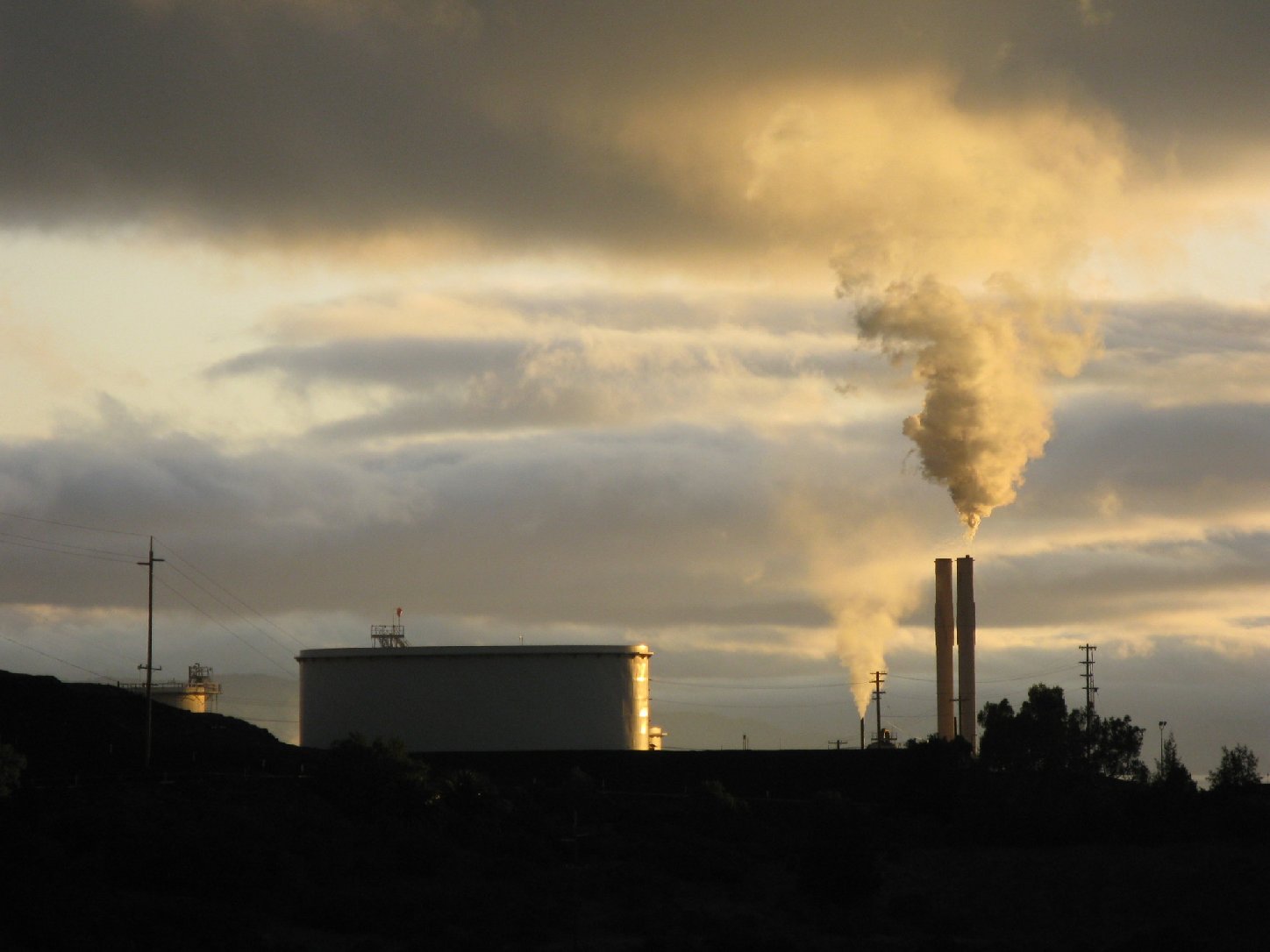Choksi-Chugh and Hollin Kretzmann, a staff attorney at the Center for Biological Diversity, say Phillips 66 has long been pressing the air district to change its permits and allow increased refining capacity at its Contra Costa County facility, with a goal of processing heavier Canadian crude oils.
Environmentalists have said spills involving heavy tar-sands oil from Canada are more dangerous and harder to clean up.
"At a time when California needs to rapidly move away from fossil fuels, this short-sighted decision will take us in the exact opposite direction," Kretzmann said. "The air district should be fighting to protect our air and health, not bending over backwards to help the oil industry."
Local air regulators have no power to dictate what kind of oil a refinery blends at their facilities, according to Bay Area Air Quality Management District spokesman Tom Flannigan.
Phillips 66 spokesman Dennis Nuss declined to comment on why the company requested the increase.
But a note in the air district's findings provides a couple of reasons.
"The requested change of conditions will allow the refinery additional flexibility and processing capacity to operate units more efficiently and to more easily recover from planned outages for maintenance," the agency said.
The district determined that the newly approved 4,000-barrel-a-day increase could create 130 pounds a year in emissions above the refinery's old permit, Flannigan said. The agency concluded that amount was "insignificant."
The expansion "would contribute to regional air pollutant emissions, but ... its contribution would not be cumulatively considerable," the district's findings state.
The air agency's approval comes as the oil company also pushes to more than double the number of oil tankers permitted to unload crude oil at its marine terminal.
Currently, 59 ships a year are allowed to make crude and gas deliveries at the terminal.
Phillips 66 wants to increase that limit to 135. That hike would raise the daily average of oil unloaded at the terminal from about 51,000 barrels to 130,000.
The approval process for that is separate from the one granted Thursday, and there's no timetable for its completion, air district spokesman Tom Flannigan said.
In September 2016, a crude oil spill near the Phillips 66 marine terminal caused an overpowering odor that sickened Vallejo residents and led to a set of citations from the air district.
Correction: This story originally reported that the air district's permit approval allowed an increase in crude processing. But the unit involved only process gas oil.

